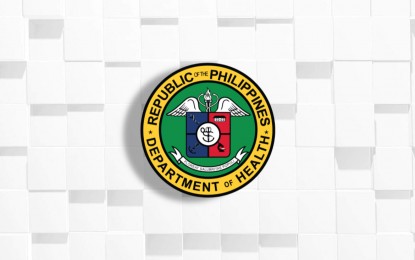
BLOOD DONATION. Health authorities in the Ilocos Region target to have 1 percent of the region’s population for its blood donation drive to boost supply in government hospitals. The government conducts the National Blood Donor Month in June when diseases like dengue and several others that need blood transfusion are prevalent. (Photo courtesy of DOH)
MALASIQUI, Pangasinan – The Department of Health-Center for Health Development in Ilocos Region (DOH-CHD-1) is targetting one percent of the region’s population in its blood donation drive to help boost supply in government hospitals.
DOH-CHD-1 national voluntary blood service program coordinator Mauro Marzan, in a forum on Thursday, said the local government units’ community mobile blood donation and the quarterly blood donation activity at the DOH-CHD-1 office in San Fernando City, La Union province are part of the program.
“We are targeting annually one percent of the population of each town and city in the region,” he said.
Marzan said the government holds the National Blood Donor Month in June to strengthen blood donation drives when diseases like dengue and several others that need blood transfusion are prevalent.
He explained that donors also benefit from the program because they will know their over-all health based on the assessments done before they can donate.
He said donating blood helps replenish one’s blood since the body needs to produce fresh blood, decreases the chances of having heart disease and cancer, and help lower cholesterol.
“High iron in the body triggers cancer cells. Donating blood aids in mental health and well being, hence it is priceless,” he said.
Marzan said some 450 milliliters of blood will be drawn from an eligible donor, which is just 7.25 percent of the body’s total blood.
He said the supply would be replenished by the body within 24 hours after extraction.
A blood donor may donate at a maximum of four times in a year, while the age limit is between 16 to 65 years old, he said.
Health authorities, however, discourage those with terminal illness and those using illegal substances to donate. (PNA)
 The Philippine News Agency is a web-based newswire service of the Philippine government under the supervision of the News and Information Bureau (NIB) of the Presidential Communications Office (PCO).
The Philippine News Agency is a web-based newswire service of the Philippine government under the supervision of the News and Information Bureau (NIB) of the Presidential Communications Office (PCO).